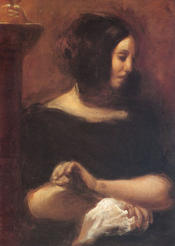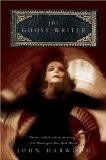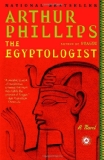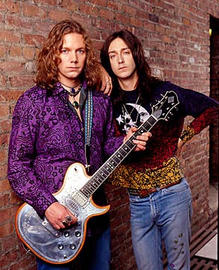Lord Byron, the sexiest Romantic poet. Kay Redfield Jamison profiled Byron in Touched With Fire. Her contention is that Byron most likely was bipolar, which fits very well with everything I’ve read about him.
His last poem, “On This Day I Complete My Thirty-Sixth Year” in some way explains why he was in Greece.
I also found it it interesting that on this day in 1821, Byron was apparently ruminating over the passions of poets:
I can never get people to understand that poetry is the expression of excited passion, and that there is no such thing as a life of passion any more than a continuous earthquake, or an eternal fever. Besides, who would ever shave themselves in such a state?
Lord Byron, in a letter to Thomas Moore, 5 July 1821
You can read more Byron at this site, which has a large collection of links.






